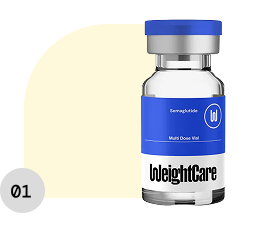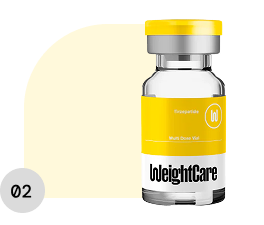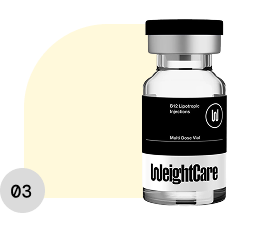GLP-1 medications like Semaglutide and Tirzepatide have revolutionized weight loss and diabetes management, offering significant benefits in terms of blood sugar control and body weight reduction. However, many patients and healthcare providers are now exploring ways to enhance these effects further. Enter supplements – a supportive tool that, when used wisely, can amplify the benefits of your GLP-1 journey. In this article, we’ll explore which supplements might be beneficial, how they work, and what you need to consider before incorporating them into your routine.
Magnesium: Supporting Metabolism and Blood Sugar Control
Magnesium is a crucial mineral involved in over 300 biochemical reactions in the body, including glucose metabolism and insulin sensitivity. For those on GLP-1 medications, magnesium can help optimize blood sugar levels and reduce insulin resistance, enhancing the medication's effectiveness.
How to Use: Look for magnesium glycinate or citrate supplements, which are more easily absorbed by the body. Aim for a daily dose of 200-400 mg, but consult your healthcare provider before starting.
Probiotics: Improving Gut Health and GLP-1 Response
The gut plays a significant role in GLP-1 production, and a healthy gut microbiome can enhance the medication's effects. Probiotics help maintain a balanced gut flora, which may support GLP-1 production and improve overall gut health, potentially boosting the medication's benefits.
How to Use: Choose a high-quality probiotic supplement with multiple strains of beneficial bacteria, such as Lactobacillus and Bifidobacterium. Incorporate fermented foods like yogurt, kefir, and sauerkraut into your diet as well.
Omega-3 Fatty Acids: Enhancing Insulin Sensitivity
Omega-3 fatty acids, commonly found in fish oil supplements, are known for their anti-inflammatory properties and ability to improve insulin sensitivity. For those on GLP-1 medications, omega-3s can help reduce inflammation and support cardiovascular health, making the medication more effective in managing blood sugar and weight.
How to Use: Opt for a high-quality fish oil supplement with at least 1000 mg of combined EPA and DHA. If you're vegan, consider algae oil as an alternative.
Vitamin D: Supporting Metabolic Health
Vitamin D is essential for overall health and has been linked to improved insulin sensitivity and glucose metabolism. Adequate levels of vitamin D can support the effectiveness of GLP-1 medications by promoting healthy blood sugar levels and reducing inflammation.
How to Use: Aim for a daily intake of 1000-2000 IU of vitamin D3, depending on your blood levels and healthcare provider’s recommendations.
Chromium: Enhancing Blood Sugar Regulation
Chromium is a trace mineral that plays a role in carbohydrate and fat metabolism, and it may help improve insulin sensitivity. Supplementing with chromium can support the blood sugar-lowering effects of GLP-1 medications, making it a beneficial addition for those struggling with insulin resistance.
How to Use: Chromium picolinate is a popular form of this supplement, with a typical dose ranging from 200-400 mcg daily.
Key Considerations Before Starting Supplements
While supplements can provide additional support for your GLP-1 medication regimen, it's essential to approach them with caution:
- Consult Your Healthcare Provider: Always talk to your healthcare provider before starting any supplement, especially if you have existing health conditions or are taking other medications.
- Start Slow: Introduce one supplement at a time and monitor your body’s response.
- Quality Matters: Choose high-quality supplements from reputable brands to ensure you're getting a safe and effective product.
Conclusion
Incorporating supplements into your GLP-1 medication regimen can be a powerful way to optimize your weight loss and diabetes management journey. From supporting gut health to enhancing insulin sensitivity, these supplements offer a range of benefits that can help you get the most out of your treatment. However, always prioritize safety and work closely with your healthcare provider to create a plan that’s tailored to your needs. With the right combination of medication, lifestyle changes, and supplements, you can achieve your health goals more effectively and sustainably.
Ready to take your GLP-1 journey to the next level? Explore our comprehensive guide on managing expectations and maximizing results on JoinWeightCare.com.



